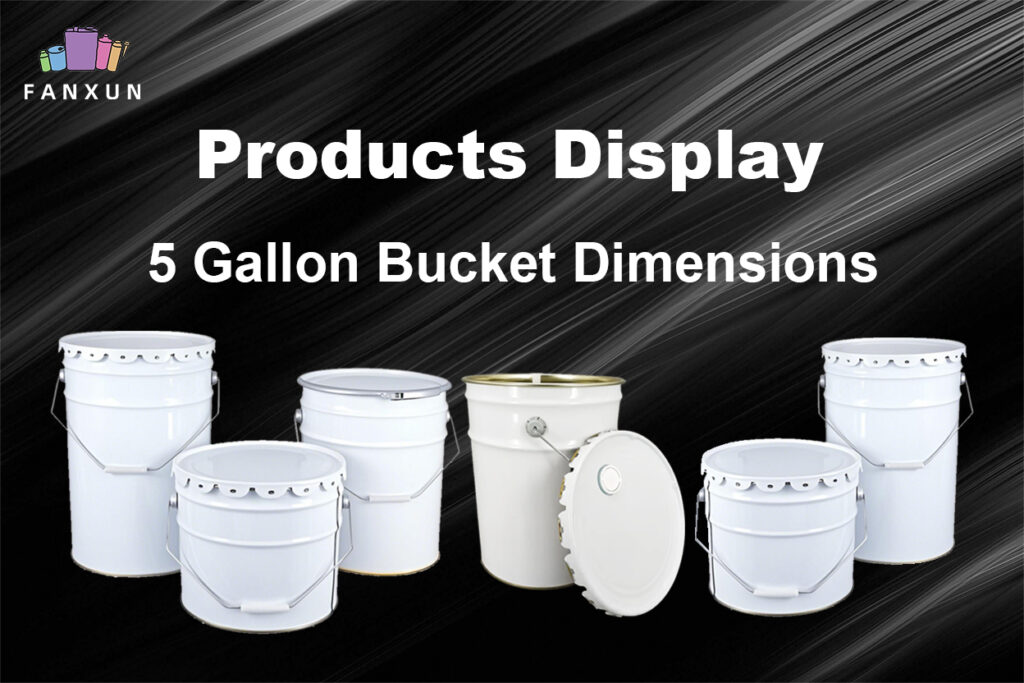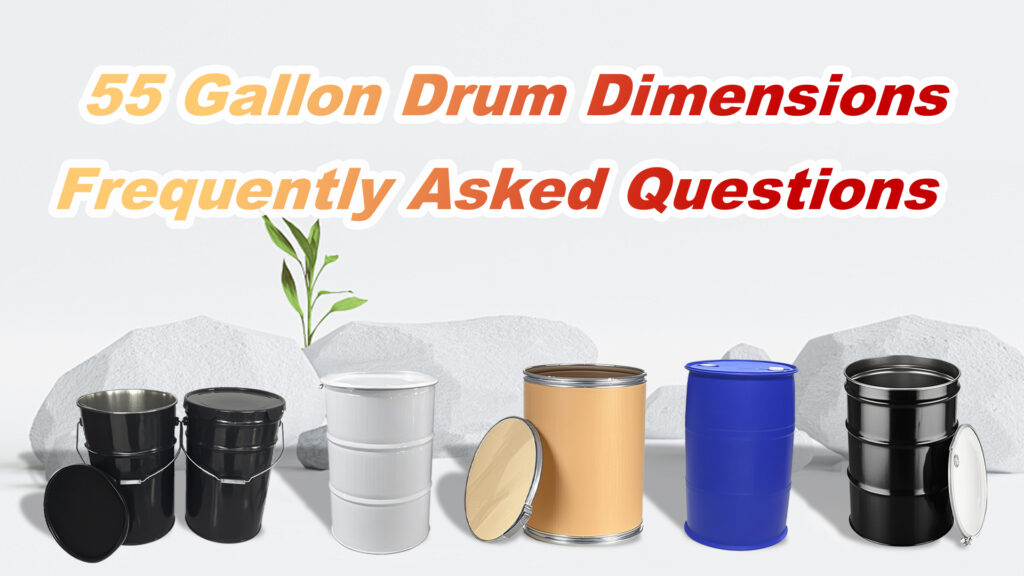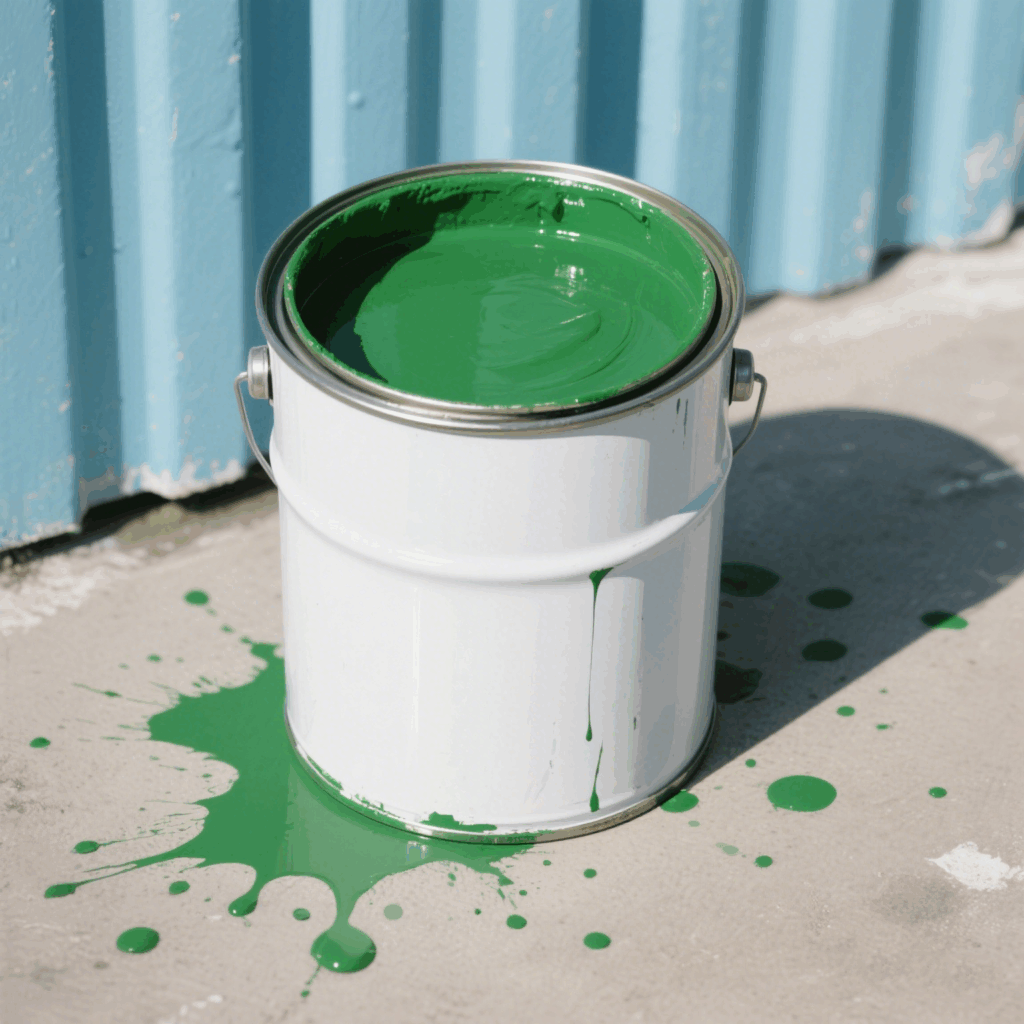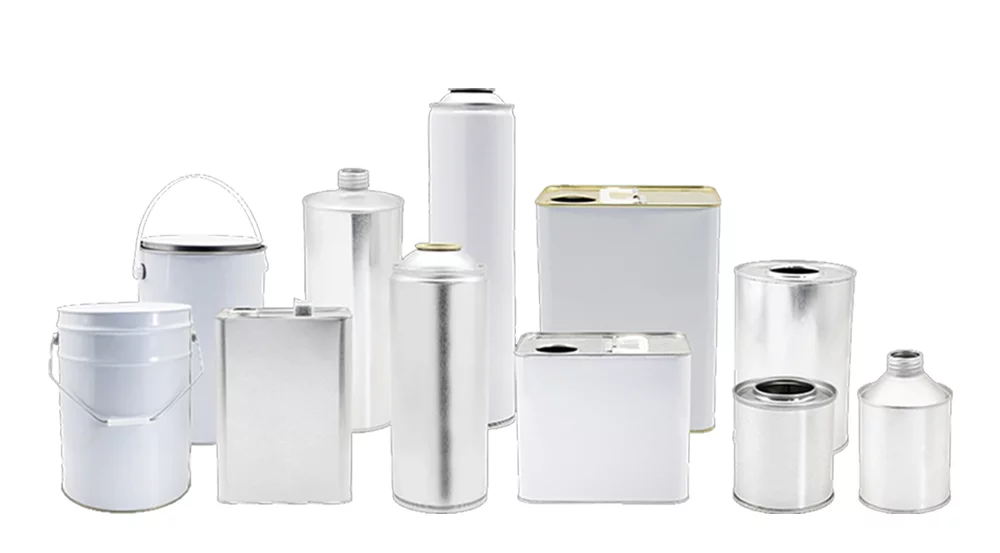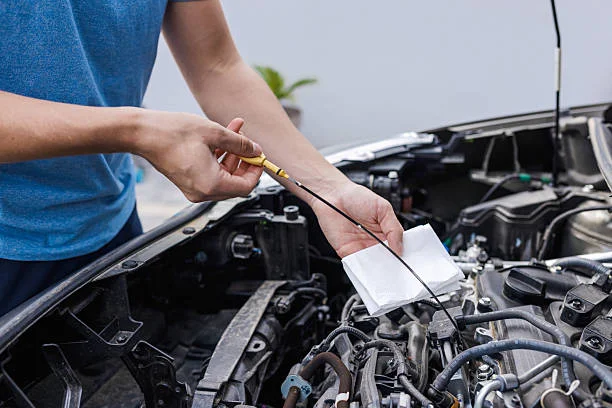
As vehicle owners, we tend to focus on when to change our oil, but have you ever wondered: Does engine oil expire, even if it just sits in the bottle or engine? The answer is yes. Engine oil, like many other petroleum-based products, has a shelf life — and ignoring it can lead to reduced performance or even engine damage.
In this article, we’ll walk you through everything you need to know about engine oil expiration from a user’s perspective — whether it’s stored in your garage, sitting in your engine, or you’ve just found a dusty bottle in your trunk. We’ll also answer the most common questions at the end.
Does Engine Oil Really Expire?
Yes, engine oil can expire — both in sealed containers and inside your engine. Over time, its chemical composition can change due to oxidation, moisture contamination, or exposure to air and temperature fluctuations. This breakdown reduces the oil’s effectiveness in lubricating, cleaning, and protecting your engine.
Even if a bottle is unopened, the base oil and additives can degrade, especially if it’s stored improperly.
Shelf Life of Engine Oil (Unopened & Opened)
Here’s a general guideline for how long different types of engine oil last:
| Oil Type | Unopened Shelf Life | Opened Shelf Life |
|---|---|---|
| Conventional Oil | 3–5 years | 1–2 years |
| Synthetic Blend Oil | 5 years | 1–2 years |
| Full Synthetic Oil | 5–7 years | 1–2 years |
| High-Mileage Oil | 5 years | 1–2 years |
Note: Shelf life assumes proper storage — cool, dry, and away from direct sunlight.
How to Tell If Engine Oil Has Expired
You don’t need to be a mechanic to check if engine oil has gone bad. Here are clear signs:
-
Change in Color: Fresh oil is amber or golden. If it looks dark brown, black, or sludgy in the bottle, it’s likely degraded.
-
Strange Odor: Rancid or sour smells are a red flag.
-
Separation: If the oil appears to have separated into layers, its additives may have broken down.
-
Cloudiness: A milky appearance may indicate moisture contamination.
-
Thick or Gummy Texture: Expired oil often feels stickier and less fluid.
Does Engine Oil Expire Inside the Engine?
Yes, oil can degrade even inside your engine over time, especially if the car is unused. Sitting for long periods causes:
-
Condensation buildup, leading to water in the oil
-
Oxidation, especially in hot or humid environments
-
Additive breakdown, weakening protective properties
If your car hasn’t been driven for 6 months or longer, it’s a good idea to check the oil and consider replacing it — even if the mileage is low.
Can You Still Use Expired Oil?
It’s not recommended. Using expired or degraded oil can lead to:
-
Increased engine wear due to poor lubrication
-
Sludge buildup from broken-down additives
-
Overheating due to poor thermal resistance
-
Decreased fuel efficiency
-
Risk of voiding your warranty
It’s not worth the risk to save a few dollars on an old bottle of oil.
Best Practices for Storing Engine Oil
If you’ve stocked up on oil or bought in bulk, here’s how to extend its shelf life:
-
Store in Original Sealed Containers
-
Keep in a Cool, Dry Place (ideally 40–75°F / 4–24°C)
-
Avoid Direct Sunlight or Heat Sources
-
Keep It Upright to Avoid Leaks
-
Label Open Bottles with Date Opened
What to Do With Expired Engine Oil
Never pour expired oil down the drain or toss it in the trash — it’s harmful to the environment and may be illegal. Instead:
-
Take it to an auto parts store, many accept old oil for free.
-
Drop it off at a local recycling center or hazardous waste facility.
-
Store it in a sealed, leak-proof container until you can dispose of it properly.
FAQs
Q: How long does engine oil last in storage?
A: Unopened oil lasts 3–7 years depending on the type. Once opened, it should be used within 1–2 years.
Q: Is it OK to use expired oil if it looks fine?
A: It might look okay, but internal chemical changes may not be visible. Using expired oil is risky for engine health.
Q: Does synthetic oil last longer than conventional?
A: Yes. Full synthetic oil generally lasts up to 7 years unopened, thanks to its stable chemical structure.
Q: Does temperature affect engine oil shelf life?
A: Yes. Exposure to high heat or freezing temps can cause chemical breakdown or moisture contamination.
Q: Can I mix old and new oil?
A: It’s not advisable. Mixing new oil with expired or degraded oil can dilute the performance and cause issues.
Q: Should I change the oil in a car that hasn’t been driven for a year?
A: Yes. Even unused engines can accumulate moisture and cause oil to degrade.
Final Thoughts
Engine oil isn’t something you want to gamble with. Whether it’s sitting on your shelf or in your engine, expired oil loses its protective power. Always check manufacture dates, inspect oil before use, and store it properly. When in doubt — replace it. Your engine (and wallet) will thank you in the long run.
If you’re unsure about the oil you’ve got, it’s better to be safe and get a fresh bottle. And remember — oil changes are far cheaper than engine repairs.















